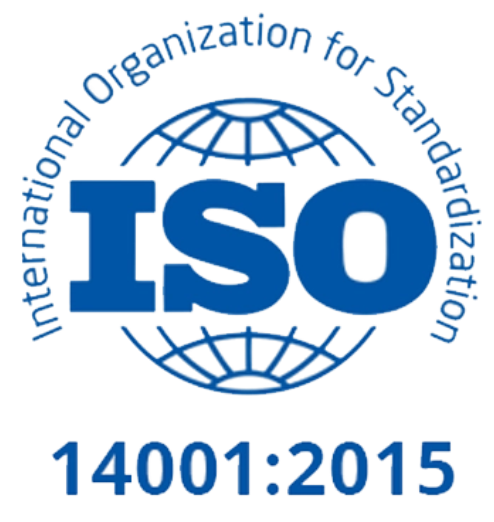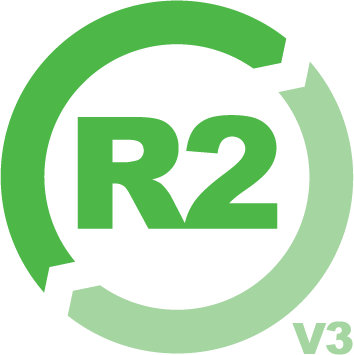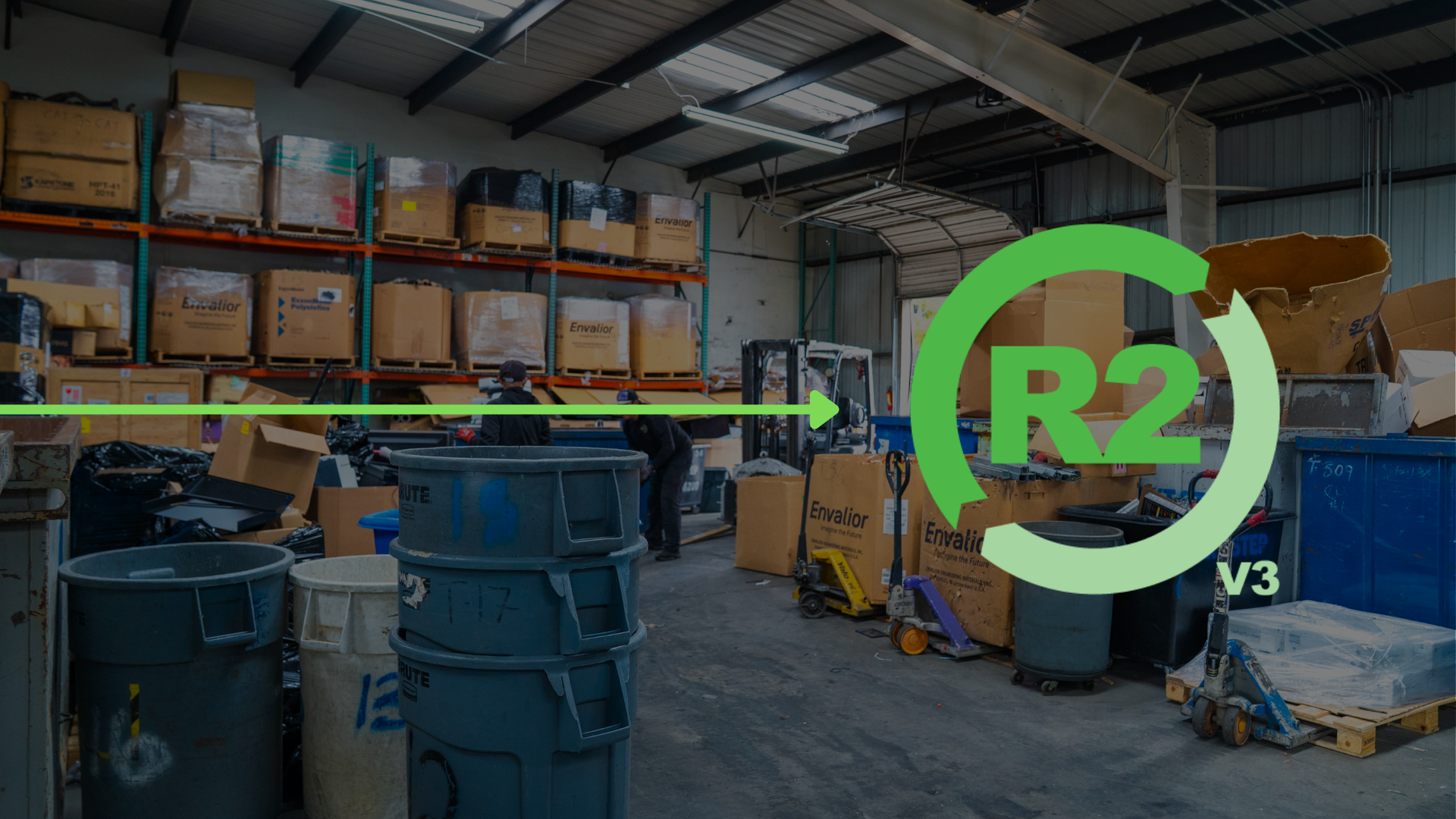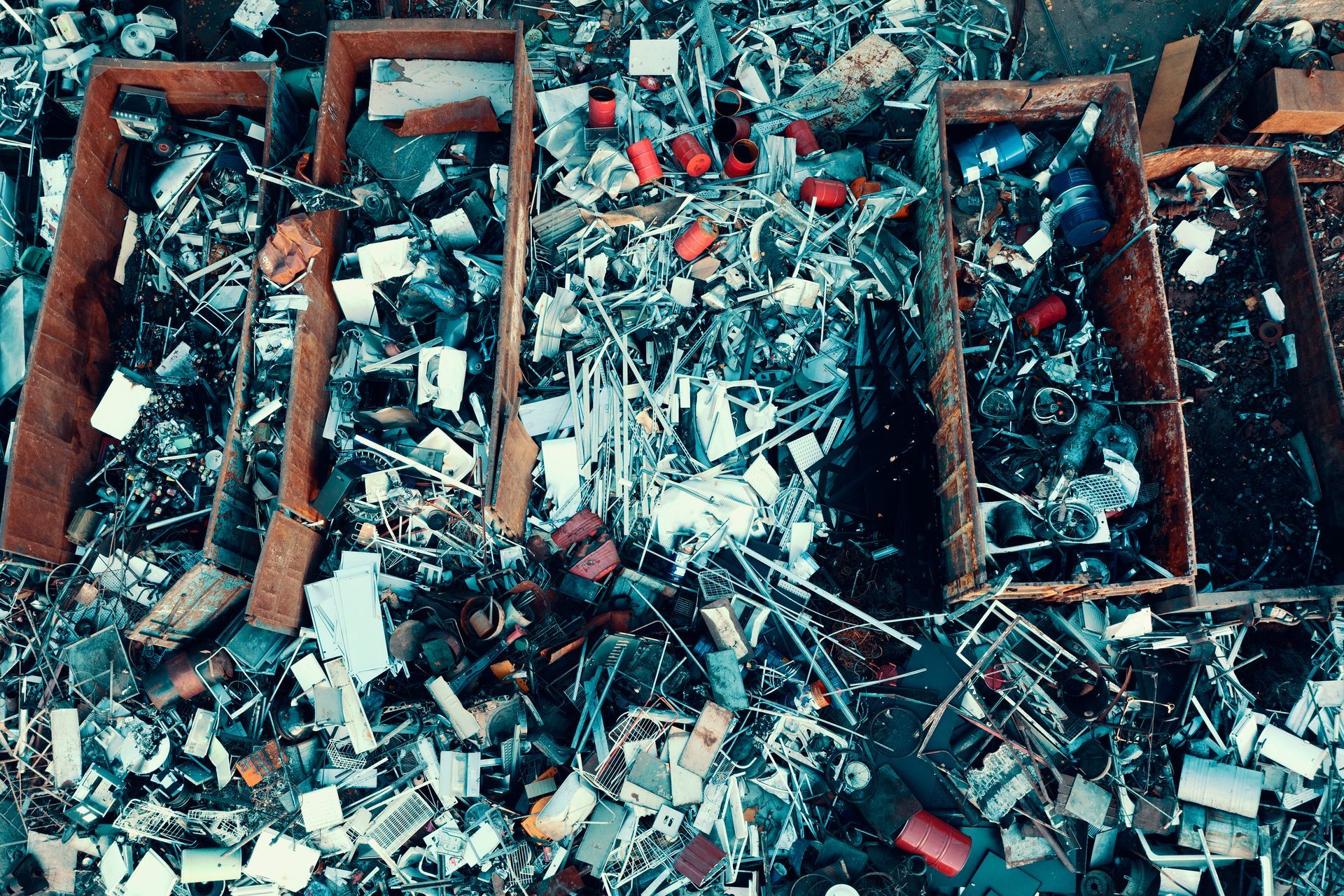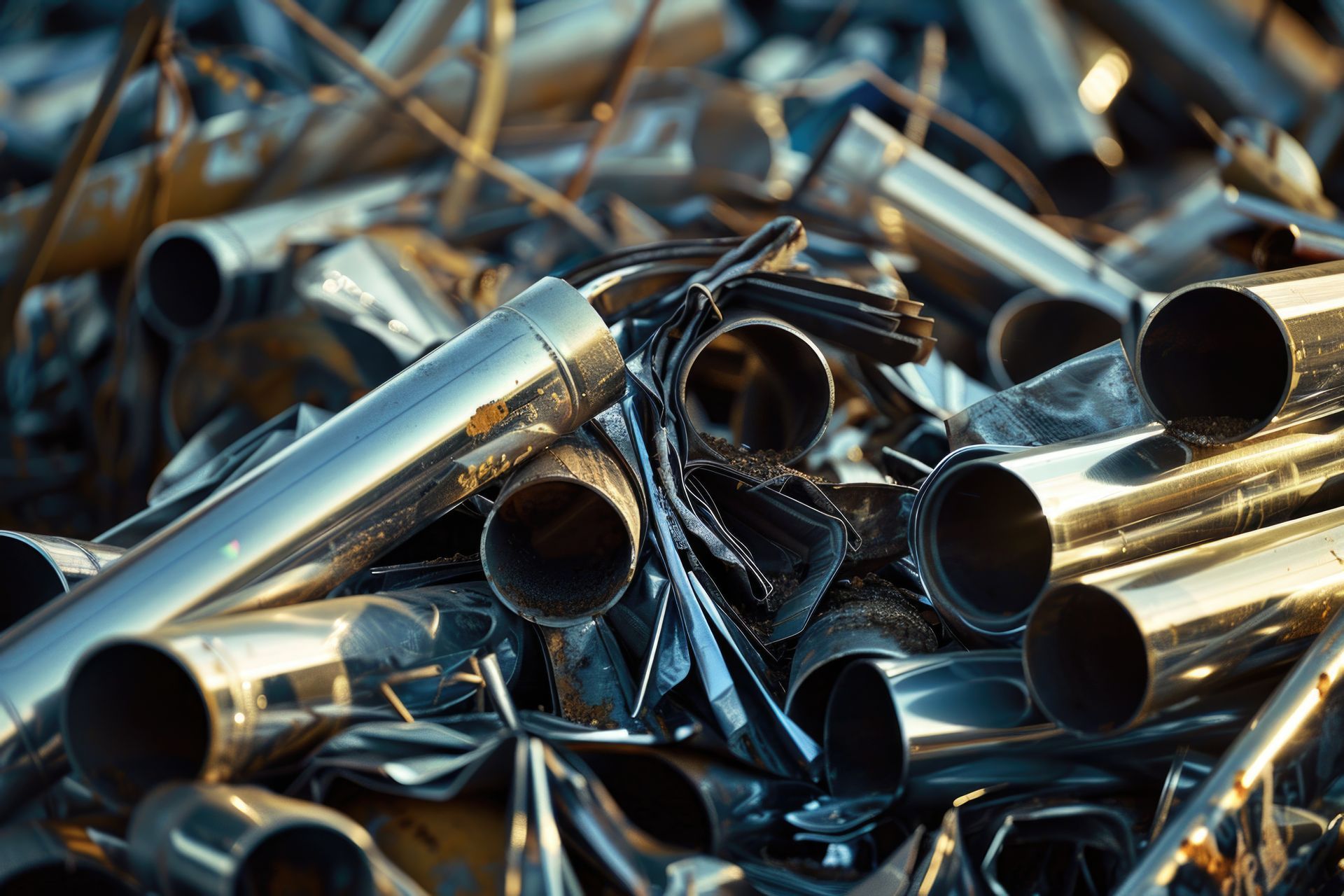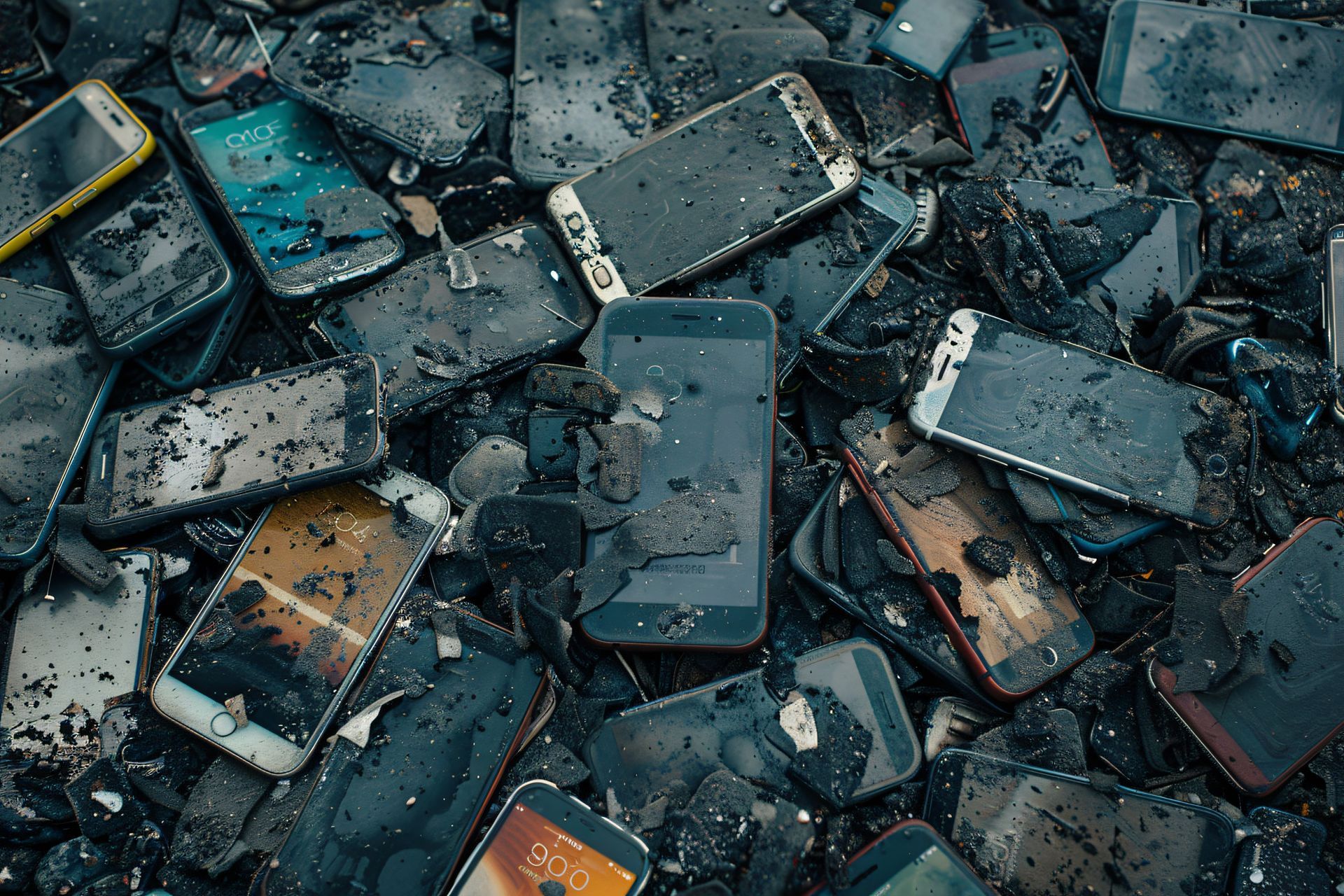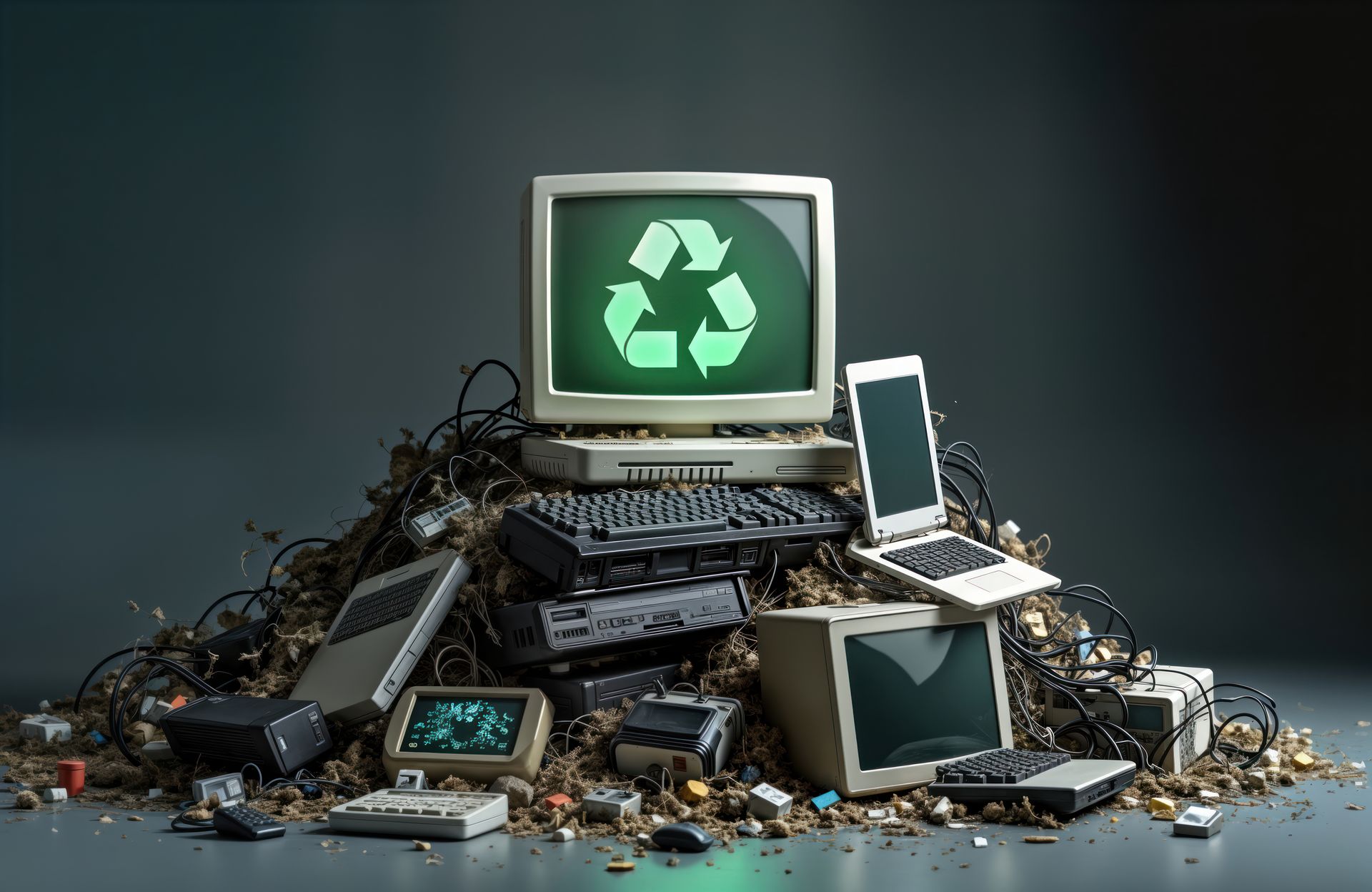The Only Guide San Jose Businesses Need for Hassle-Free E-Waste Recycling!
Why Corporate E-Waste Disposal Matters
Let’s be honest—corporate e-waste disposal isn’t exactly an exciting topic. But here’s the thing: it’s incredibly important. If you’ve ever walked into your company’s storage closet and found a graveyard of old computers, outdated printers, and tangled power cords, you know how fast e-waste piles up.
San Jose is a tech hub, which means businesses here generate a massive amount of e-waste—and that comes with risks. Improper disposal can lead to data breaches, environmental damage, and even hefty fines for non-compliance.
But don’t worry. We’ve been helping companies like yours handle e-waste the right way for years. This guide will walk you through the process, step by step, so you can get rid of old tech responsibly, securely, and stress-free.
Step 1: Identify E-Waste in Your Business
You might be surprised at what counts as e-waste. Many companies think it’s just old computers, but it actually includes:
- Laptops, desktops, and monitors
- Servers, hard drives, and networking equipment
- Printers, copiers, and fax machines
- Cables, keyboards, and accessories
- Batteries, power supplies, and circuit boards
Do You Really Need to Get Rid of It?
Before you toss something out, ask yourself these questions:
- Is it still functional? If yes, could it be donated or repurposed?
- Is it outdated and no longer supported? If yes, it’s time to let go.
- Does it store sensitive data? If yes, it needs secure disposal.
We once worked with a San Jose startup that had a storage room filled with "just in case" electronics—dozens of old laptops, three generations of routers, and even a fax machine (why?!). If you haven’t used it in a year, you probably won’t.
Step 2: Create an E-Waste Disposal Policy
A lot of businesses handle e-waste reactively—when a piece of equipment breaks, they scramble to figure out what to do with it. Instead, having a plan in place can save time, money, and headaches.
What Should Your E-Waste Policy Include?
- A clear process for handling retired electronics: Who decides when it’s time to dispose of an item.
- A designated recycling partner: Spoiler: that should be us!
- A data security protocol: How will you ensure all sensitive data is wiped or destroyed?
- Regular e-waste audits: Set a schedule to review and clear out old tech.
A San Jose law firm we work with has a simple but effective system—every quarter, their IT team reviews their tech inventory and sets aside anything outdated. We then handle the secure disposal and provide them with compliance documentation for peace of mind.
Step 3: Secure Data Destruction
Did you know 90% of old hard drives still contain recoverable data even after being “deleted”? That’s terrifying.
Simply hitting delete or reformatting a hard drive isn’t enough. If you’re getting rid of computers, servers, or anything that stores confidential client information, you need certified data destruction.
Your Options for Data Security
- Degaussing: Uses powerful magnets to erase data completely.
- Hard Drive Shredding: Physically destroys drives so data is irretrievable.
- Secure Wiping: Overwrites data multiple times, meeting DoD (Department of Defense) standards.
We once had a San Jose financial firm come to us in a panic—they had just thrown out a batch of old hard drives without wiping them first. Thankfully, they called us in time, and we were able to retrieve and properly destroy the drives before they landed in the wrong hands.
Lesson learned: always make sure data is fully destroyed before recycling tech!
Step 4: Choose a Certified E-Waste Recycling Partner
Not all recycling companies are created equal. Some just ship electronics overseas where they end up in landfills or illegal dumping sites. That’s why you should always choose a certified recycler.
Why Choose NXT Step Recycling Solutions?
- 100% Green Recycling: Zero landfill commitment.
- Fully Certified & Compliant: ISO 14001, HIPAA, R2 & E-Stewards certified.
- Flexible Scheduling: On-site and drop-off options are available.
- Secure & Reliable: Protecting your business’s sensitive information
- Industry Expertise: Trusted by top companies for over 20 years.
If your business needs bulk recycling, scheduled pickups, or a secure drop-off location, we’ve got you covered.
Step 5: Schedule Pickup or Drop-Off for Your E-Waste
Now that you’re ready to recycle your e-waste, you have two options:
- Drop-Off Location (Best for Small Businesses & Startups)
Come by our San Jose facility at 918 Commercial St. It’s fast and easy, and we’ll help unload.
- Scheduled Pickup (Best for Large Corporations & Bulk Disposal)
For businesses with large amounts of tech, we offer on-site pickups. Our team comes to your office, collects your e-waste, and ensures secure transport and disposal.
One of our long-time clients, a tech startup in downtown San Jose, loves our pickup service because they never have to worry about what to do with old equipment—we handle everything!
Step 6: Track & Document Your E-Waste Disposal
Businesses should always keep records of e-waste disposal for:
✔
Regulatory compliance
✔
Sustainability goals
✔
Internal audits
When you recycle with us, we provide Certificates of Recycling & Data Destruction—so you can prove compliance if ever audited.
Step 7: Keep Your Business Sustainable
Recycling e-waste isn’t just about compliance—it’s about doing the right thing for the planet. Consider making sustainability a core part of your business by:
- Setting up an internal recycling program for employees.
- Hosting e-waste collection events for your customers.
- Choosing vendors with strong environmental policies.
A large real estate company in San Jose we work with integrated e-waste recycling into their corporate sustainability goals—and now they proudly report their efforts in their annual ESG (Environmental, Social, and Governance) reports.
Ready to Recycle?
E-waste disposal doesn’t have to be complicated. By following these steps, you can protect your data, stay compliant, and do your part for the environment.
If you’re ready to clear out old electronics, give us a call or drop by our facility. We’ll make the process easy, secure, and eco-friendly—because responsible recycling isn’t just good for your business, it’s good for the planet.
